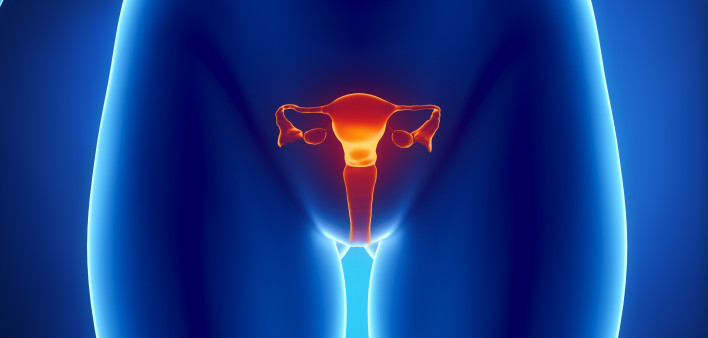Researchers have found that repeated exposure to semen among women leads to changes in immune cells that reduce their susceptibility to HIV infection. This finding may help explain why certain female sex workers remain HIV negative in areas of the world with a high prevalence of the virus despite not using condoms.
“Apart from defining a new factor that may regulate HIV transmission, this unexpected finding could directly impact the design of future HIV vaccine studies that commonly recruit female sex workers,” Luis J. Montaner, DVM, DPhil, MD, director of the HIV-1 Immunopathogenesis Laboratory at The Wistar Institute’s Vaccine & Immunotherapy Center in Philadelphia, said in a press release.“Currently, condomless sex is assumed to only promote the likelihood of infection. Our observation, however, raises the hypothesis that frequent semen exposure may potentially reduce HIV transmission.”
Publishing their finding in Nature Communications, researchers at The Wistar Institute and the University of Puerto Rico built on their 2015 study in which they demonstrated that sustained semen exposure among female sex workers led to changes in their cervical and vaginal tissue that were associated with resistance to HIV infection.
In their new study, the investigators sought to determine whether semen was a factor driving these HIV-protective cellular changes. Over a 20-week period, they exposed female macaque monkeys twice weekly to semen that either did or did not include inactive particles of SIV, HIV’s simian cousin.
Next, the researchers gave the animals low-dose vaginal exposures to active SIV and found that the semen-exposed monkeys had a 42% lower risk of infection. However, when exposed to high-dose SIV, all the monkeys contracted the virus. This means that the semen exposure provided only partial protection.
The semen-exposed animals, it turned out, had a lower expression of the CCR5 coreceptor on their circulating immune cells. Most HIV and SIV attaches to the CCR5 coreceptor to begin the process of infecting a cell.
Additionally, within cervical-vaginal tissue, the semen-conditioned monkeys had higher levels of a cytokine called CCL5, which suppresses HIV.
The study authors also found that the semen-exposed animals had higher levels of such antiviral factors as MX1 in their cervical and vaginal tissue. MX1 is itself connected with higher levels of interferon-epsilon. Semen, previous research has indicated, can stimulate production of this form of interferon, which protects against bacteria and viruses and has directly suppressive effects on HIV.
The research team’s 2015 paper indicated that condomless sex among the sex workers was associated with higher interferon-epsilon levels in their vaginal tissue.
To read a press release about the study, click here.
To read the study, click here.







Comments
Comments